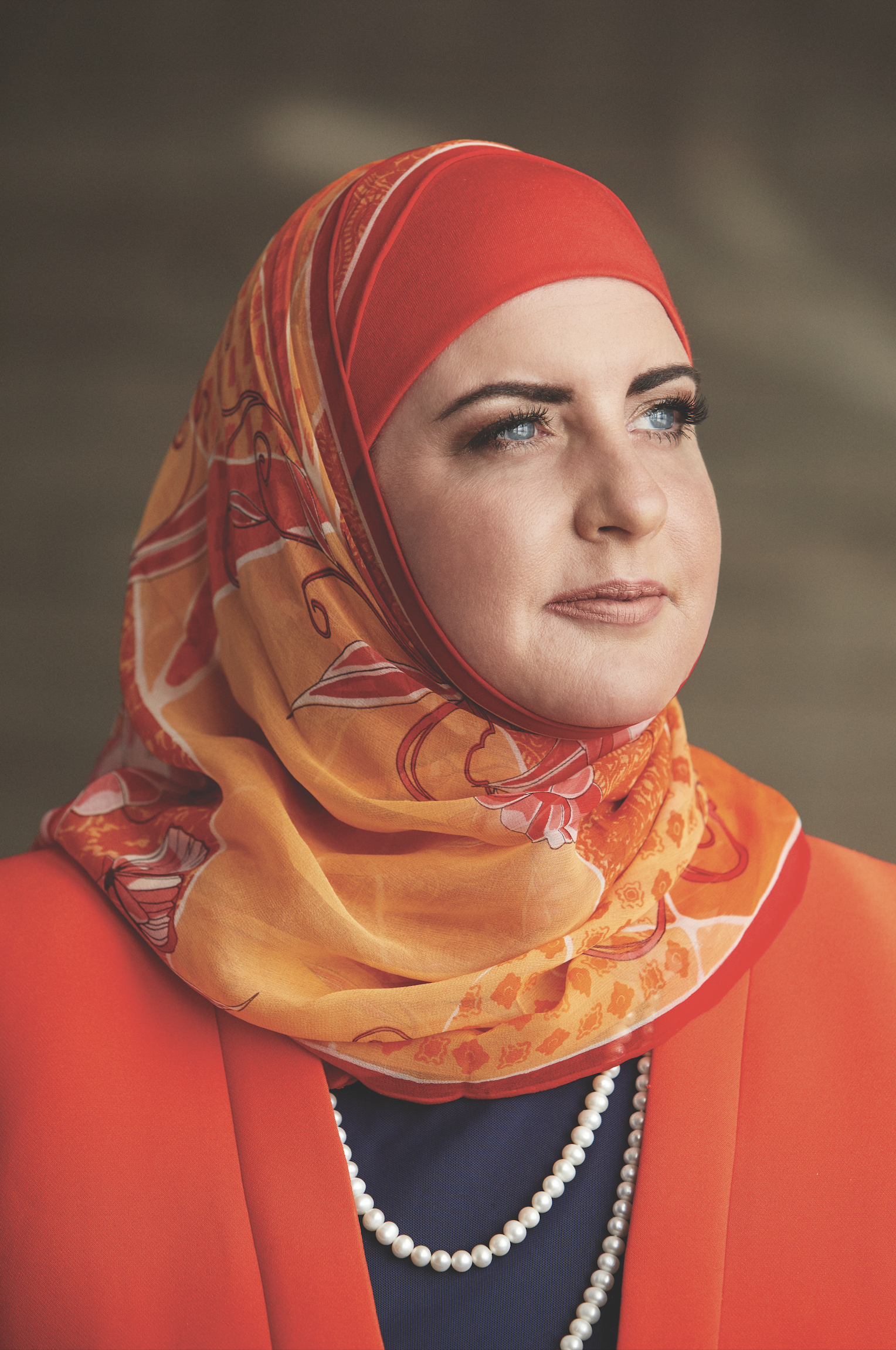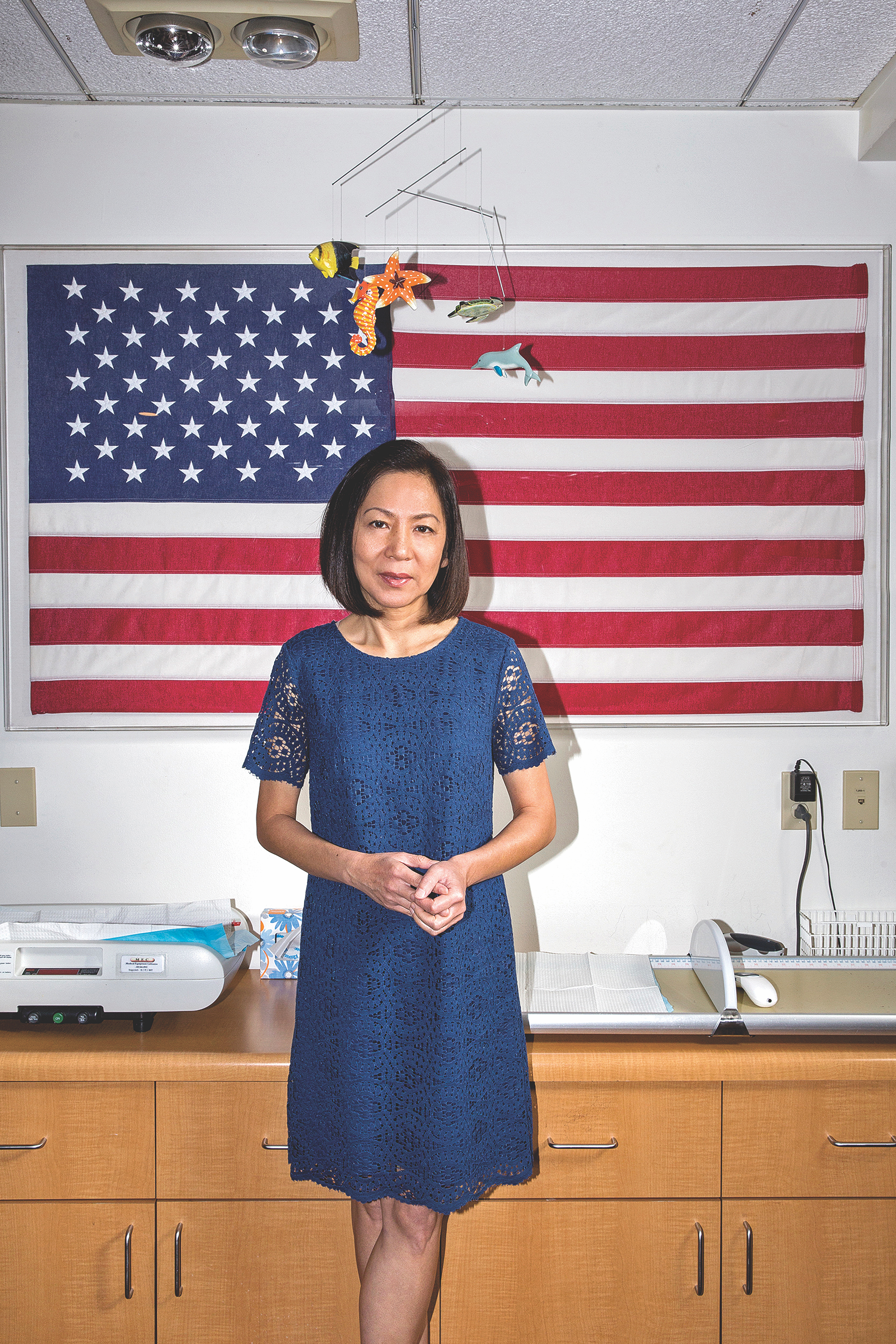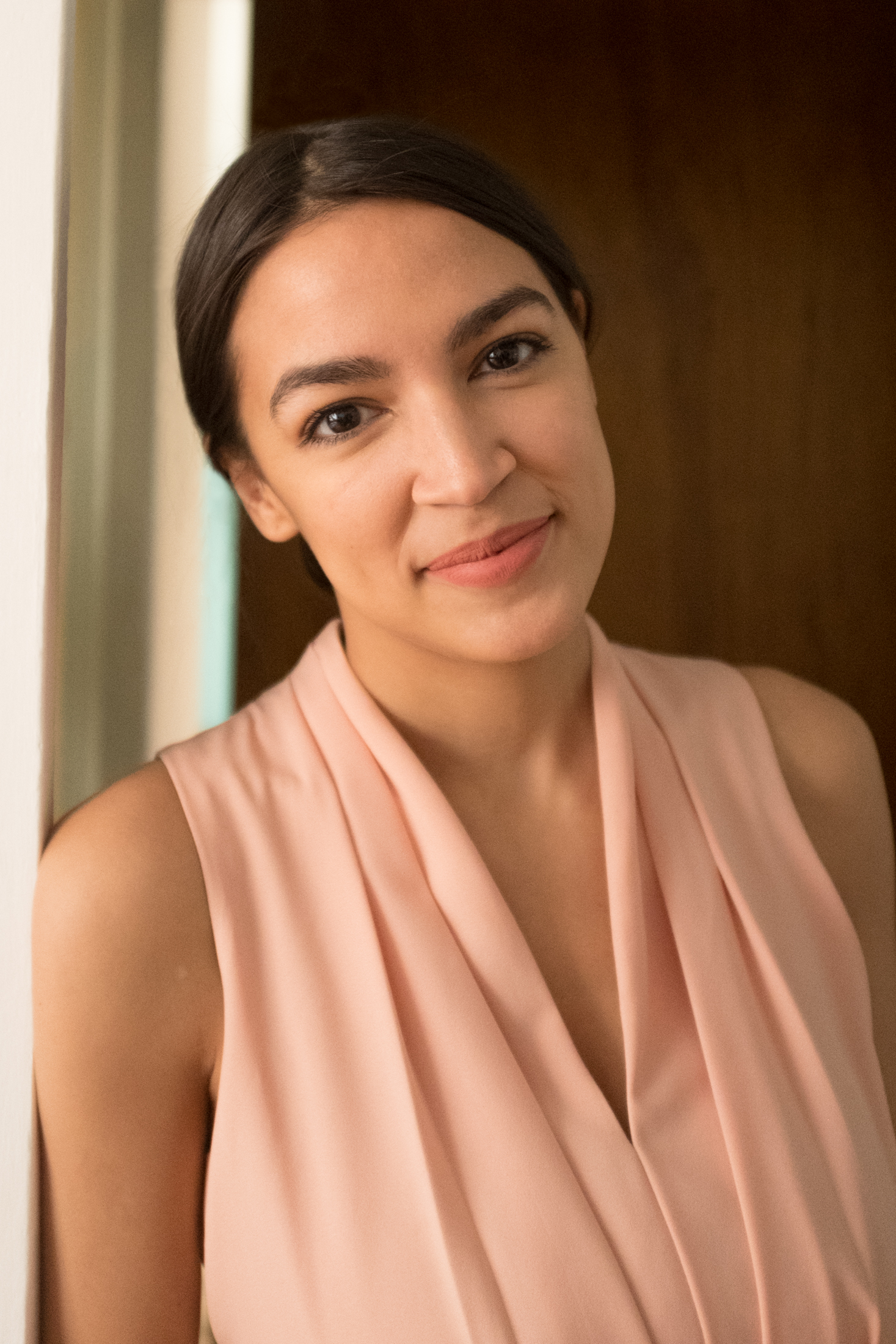
Emily’s List is knocking down walls in its Washington, D.C., office to make room for new staff. During the two years leading up to the 2016 presidential election, 920 women contacted the organization with questions about running for office. But since the election, more than 22,000 women have signed up for the organization’s Run to Win program, and more than 2,000 have attended in-person trainings. “We’ve seen nothing like it before,” said Alexandra De Luca, the press secretary at Emily’s List, which was founded in 1985 to help pro-choice Democratic women run for office. Emily’s List is not the only organization working in this space, but it is by far the largest, joined by Emerge America for Democratic candidates, the non-partisan She Should Run and Vote Run Lead, and Maggie’s List, which supports Republican women candidates.
Although many of the first-time female candidates running today were galvanized by Donald Trump’s victory, the problem of women being underrepresented in government has little to do with Trump. At the time of his inauguration, women held only 19.4 percent of seats in Congress and just 21 percent of seats in the United States Senate. In statehouses, 24.8 percent of seats were held by women, and 10 percent of governors were women.
The underrepresentation of women in government is not just bad for women; it’s bad for democracy. According to data compiled by Quorum, an online platform that tracks legislative data, women make more effective lawmakers. Women introduce more legislation, bring more money home to their districts, and, importantly, co-sponsor more bills with opposite-party sponsors.
Female legislators also pursue more legislation that matters to women. Nevada is a useful case study: In the 2016 election, women captured 25 seats in the state legislature (up from 21 in 2015 and 18 in 2013), putting female representation at 39.7 percent, the second-highest in the country (after Arizona). In the 2017 legislative session, female lawmakers sponsored bills that included increasing access to birth control, abolishing a tax on tampons, and giving tax breaks to businesses that offer paid family leave.
A study published in 2017 by the Center for American Women and Politics at Rutgers University found that women win elections at the same rate as men. The problem is not that voters won’t elect women; it is that women by and large have not chosen to run.
Until now. Today, hundreds of first-time female candidates are challenging the status quo of representative government. Here are three such candidates, and their stories of why they have chosen to run.


(Photo: Brandon Sullivan)
Deedra Abboud, a 46-year-old Phoenix lawyer and community activist, has been a civil rights advocate for nearly two decades. In 2001, she launched the Arizona office of the Council on American-Islamic Relations, and later directed the Arizona chapter of the Muslim American Society’s Freedom Foundation. In 2016, Abboud saw how many people in her community were scared even to go to the grocery store because of the anti-Muslim rhetoric they were hearing during the presidential campaign. “I said, ‘Wow, it doesn’t even matter who wins,'” she says. “‘The damage is already done. What am I going to do about it?'”
In October of 2016, she stopped taking new clients at her law firm, and in April of 2017 announced she was running for the U.S. Senate seat held by Arizona Republican Jeff Flake. “People had asked me for years to run, and I didn’t feel like that was me—I was always the one that held the elected leaders accountable,” she says. “Finally, I said, ‘Why not?'”
Abboud is among the many first-time female candidates who are powering their campaigns through grassroots donations. She signed on with Candidates With a Contract, which means she won’t take corporate money. “We don’t need people who’ve been trained to be a politician,” she says. “We need people who are problem solvers.”


(Photo: Joe Toreno)
The morning of November 9th, 2016, Mai Khanh Tran didn’t want to get out of bed. “But I did what I think most women do when we are in pain. We get up. We take care of things,” she says. Tran, a pediatrician in Orange County for almost 25 years, went to work. One of her first patients was a little girl with a brain tumor—a girl whose working-class family had recently been able to get health insurance through the Affordable Care Act, and thus afford the expensive treatment required. “We had a very sad day that day. We cried. We felt like the child’s life was going to be affected tremendously,” she says. “After the tears, we decided that we were going to fight. I knew that, as a physician, I needed to be a voice, an advocate, for my patients and their families.”
Tran, who is running against 11-term Republican Representative Ed Royce in California’s 39th District, was born in Vietnam and came to the U.S. as a refugee in 1975, when she was nine years old. She and her three siblings were reunited with their parents in Oregon, where they spent their summers picking strawberries alongside other migrant families.
Tran says she brings to her candidacy her experience as both a health-care provider and a patient. “As a breast cancer survivor, I know how important it is for women to be at the table when it comes to important decisions that are being made for us,” she says.


(Photo: Bryan Anton)
In 2016, the day after Christmas, Alexandria Ocasio-Cortez got a phone call from Brand New Congress, a political action committee founded by former Bernie Sanders campaign staffers, asking her if she wanted to run for Congress to represent New York’s 14th district, a seat held by Democrat Joseph Crowley since 2013. Ocasio-Cortez, who is 28, had just returned from Standing Rock and was inspired by her experience there to enter the race. “If you’re not doing something in this time in this country, then you aren’t a part of us moving forward,” she says.
She’d already been organizing for the Sanders campaign in the South Bronx, where she was born and where her family still lives. “I grew up aware of the fact that the ZIP code I lived in disproportionately had an impact on my destiny, on my family’s destiny,” she says.
Ocasio-Cortez was a student at Boston University when her father died of lung cancer in 2008. After she graduated, she founded Brook Avenue Press, an early childhood literacy project. But with her mother struggling as a single parent and her family’s home close to foreclosure, Ocasio-Cortez started waiting tables at night to help make ends meet. “We were just a normal, struggling American family,” she says. “And I really saw just how far gone our elected officials were from this reality. They knew people were hurting but they didn’t know what it meant to hurt.”
She sees her candidacy itself as a way of changing the culture. “It’s so important to run—win or lose,” she says. “People need to get used to seeing young women, women of color, on the ballot.”





